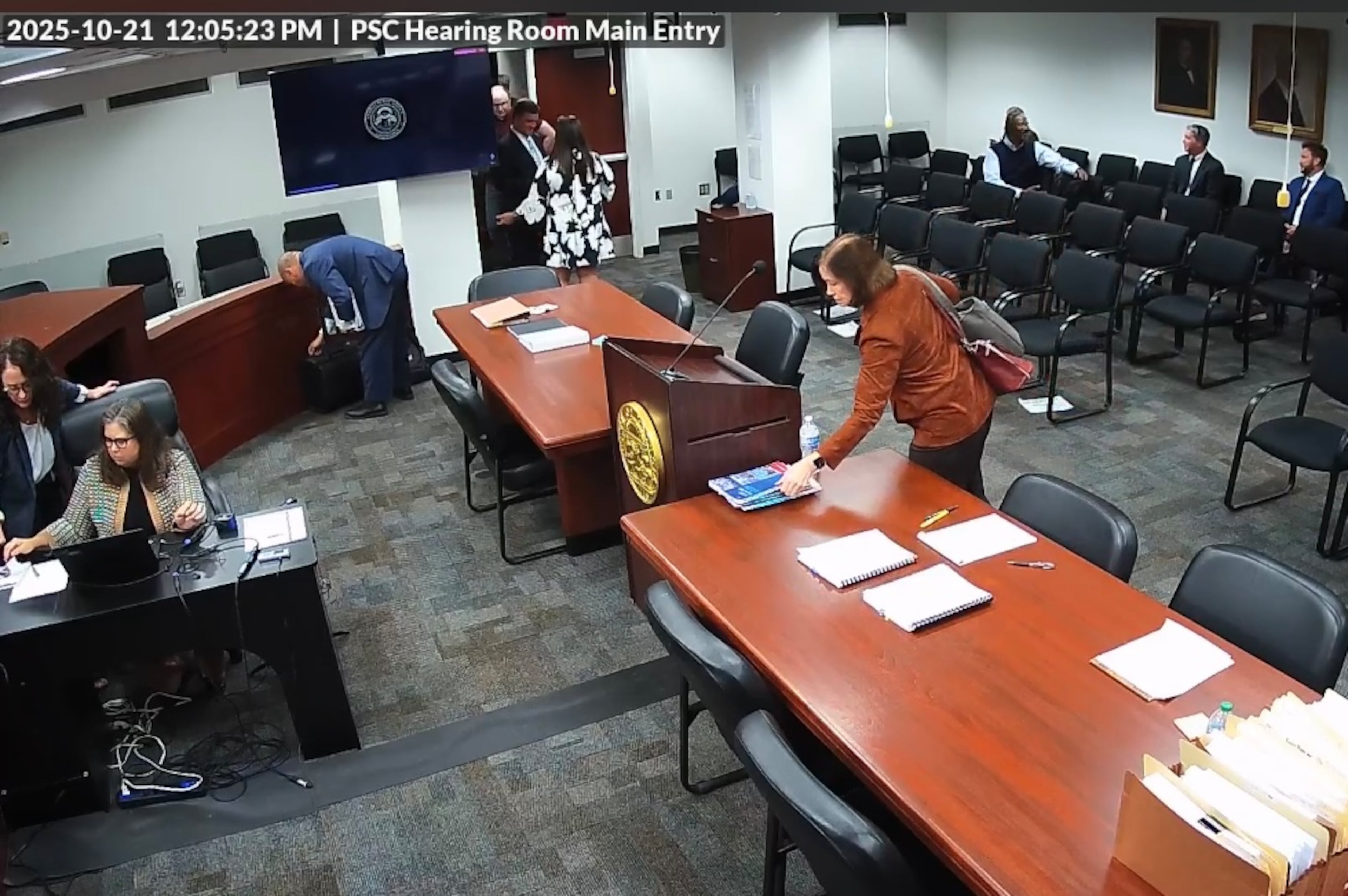Created to root out corruption, Atlanta’s inspector general office faces overhaul

Atlanta’s inspector general office was created in 2020 in the wake of a yearslong federal Department of Justice corruption investigation at City Hall to root out fraud, waste, abuse and misconduct.
But the position is under intense scrutiny and will likely face changes after the Dickens administration and current inspector general have been at odds over how investigations are conducted.
A special task force created to review the policies and procedures of Atlanta’s inspector general office is on track to submit its recommendations on how best to clear up ambiguity of the watchdog position.
That means answering questions like what are the rights of employees interviewed during investigations and if there are limits to the devices and records inspector general staff have access to during probes.
“We can’t over-legislate this role,” said State Rep. Tanya Miller, a member of the task force established by Atlanta City Council. “You do want to put guardrails up but in some respects you have to trust the inspector general that you hired.
“And once you hire that inspector general, you have to let him or her do their job,” she said.
The seven-member task force had a tight 45-day timeline to suggest changes to the watchdog and ethics offices that some worry may impact the scope of the inspector general’s authority.
Inspector General Shannon Manigault told the Atlanta Journal-Constitution on Wednesday ahead of the task force meeting that she doesn’t know what outcome to expect from the effort.
“I am hopeful that the task force makes recommendations that recognize some of the struggles that the office faces, but I’m also realistic about what could come from this,” Manigault said.
“And the possibility that the office will have to work to counter what might be legislation that will weaken the office and make it harder for us to do our jobs,” she said.
In spring of this year, Manigault voiced concern publicly at the City Council meeting that officials within the Dickens administration were actively blocking corruption investigations.
Since then, her office has released eye-opening reports that included abuses of power by the former human resources commissioner and instances of bribery taking place within the planning department.
In an unreleased report, the office also investigated Council member Michael Julian Bond potential financial and ethical misconduct by a staff member who also serves as a lobbyist. Although no wrongdoing was found done by the elected official.
City officials’ response to Manigault’s concerns was to create the task force made up of two council members and top lawyers that have mostly discussed establishing more transparency around investigations.
During the meeting Wednesday, members suggested the inspector general’s office have readily available documents that outline the investigation process step-by-step and prepare employees for interacting with investigators.
“I think we need to be really clear about whether or not it’s the employee’s responsibility for them to understand what their rights are or whether it’s (an investigator) knocking on their door who has the obligation,” said Council member Howard Shook.
They also suggested that the city make outside legal counsel or union representatives available for employees during interviews.
“I want our employees to feel protected, just as they do as regular citizens,” Council member Marci Collier Overstreet said.
There’s also been debate over how much oversight the inspector general’s governing board has over what investigations are conducted. Critics of the office believe the board should have more say over whether or not the inspector general pursues corruption allegations.
Last month, the governing board issued a letter of support for Manigault, calling the task force an effort to “handcuff " the inspector general.



